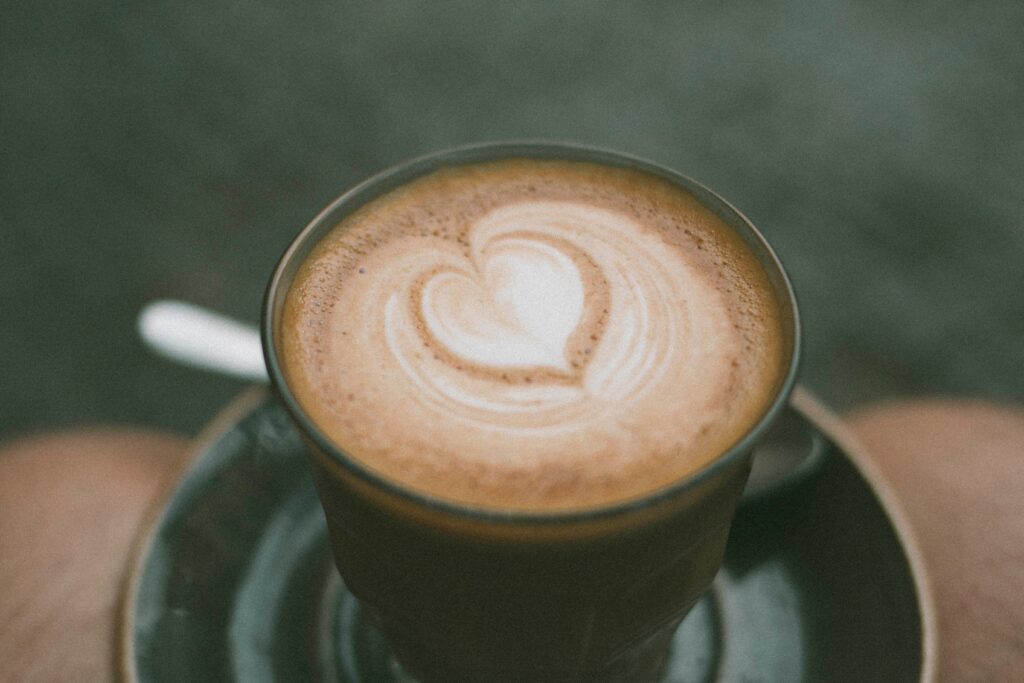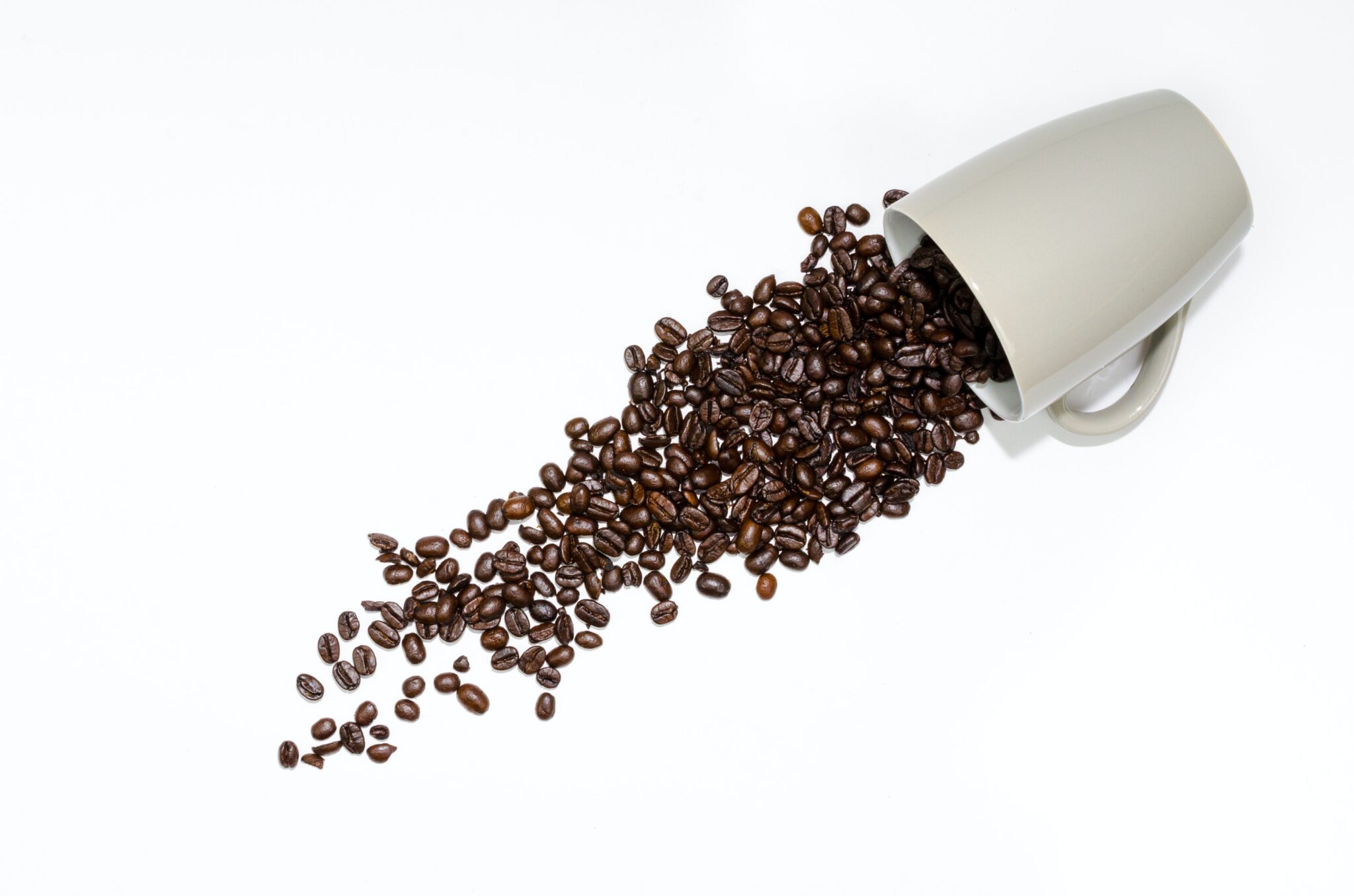In 700 A.D Ethiopia, Kaldi watched over his goats when he noticed some of them were dancing around full of energy. The curious shepherd went to check on his goats and discovered that they had eaten some strange red berries. Kaldi took this intriguing fruit to the local monastery. There, the monks couldn’t hide their excitement over the red berry they could use to stay up all night to pray. This is one of the many different stories of how the coffee bean was discovered. In one version, a Sufi Sheikh sees energetic birds singing because they had eaten that berry. In another, the son of the very same Sufi discovered the berry in a bush.
Since its discovery, coffee has traveled throughout the world and become a staple item in most households. Everywhere you go, you’ll find a coffee shop or two around, such is its demand. Over 2.25 Billion cups of coffee are drunk every day! It is primarily consumed for the same reason that excited the monks. Coffee contains caffeine, a natural stimulant that is why you are refueled by a coffee cup. By altering the nervous system’s functioning, it prevents fatigue from consuming the body and improves cognition.
Nonetheless, coffee is a psychoactive drug, i.e., it has a revitalizing effect on you through your nervous system. As the central nervous system starts functioning differently, the ‘fight or flight’ mode is enabled within you. You feel alertness similar to what you would think in a frightening situation, which may trigger an anxiety attack or increase your pre-existing anxiety. A high intake of caffeine can cause heart palpitations and increased blood pressure. Although this subsides quickly in most. But if you suffer from hypertension or other heart-related problems, you should drink coffee only if allowed by the doctor. Also, try to limit your intake to a moderate amount.

Coffee is widely believed to cause heart diseases in the long run as well. It is commonly seen to increase blood pressure and make your heart beat faster immediately after its intake. But is there any correlation between habitual drinking of coffee and the risk of cardiovascular disease? There is but not in the way most would think. Rather than a higher chance of such conditions, there is a significantly lesser risk of heart diseases in those who drink a moderate amount daily! This result is supported by several studies carried out on sizeable groups.
This is not the first time adverse side-effects have been falsely attributed to coffee over its long journey from Ethiopia. In 1511, the Meccan governor banned coffee and claimed that it had intoxicating effects. Thus, it was sinful. Although this decision was more politically motivated rather than based on factual information. It underwent the same treatment by the Catholic Europeans, who named it the ‘devil’s drink.’
More recently, in 1991, the World Health Organisation (WHO) enlisted coffee as a carcinogen (substances that can cause cancer). In 2016, WHO removed it from the list when results showed the polar opposite of this claim. Not only is it not detrimental to cancer, but some studies also show that coffee may even decrease the risk of many cancers.
So, if you’re healthy and allowed to by your physician, keep drinking that cup of coffee in the morning. Drink two or three cups if you please. It might even ensure you stay healthy.
Bibliography:
https://academic.oup.com/ajcn/article/109/3/509/5369955#137316060
https://www.healthline.com/health/caffeine-effects-on-body

Shoaib Shahid is a high school student doing his A-levels from Beaconhouse Margalla Islamabad. He is a great admirer of Physics and aspires to become a theoretical physicist himself. He started writing narratives in his childhood and has since ventured into non-fiction.

